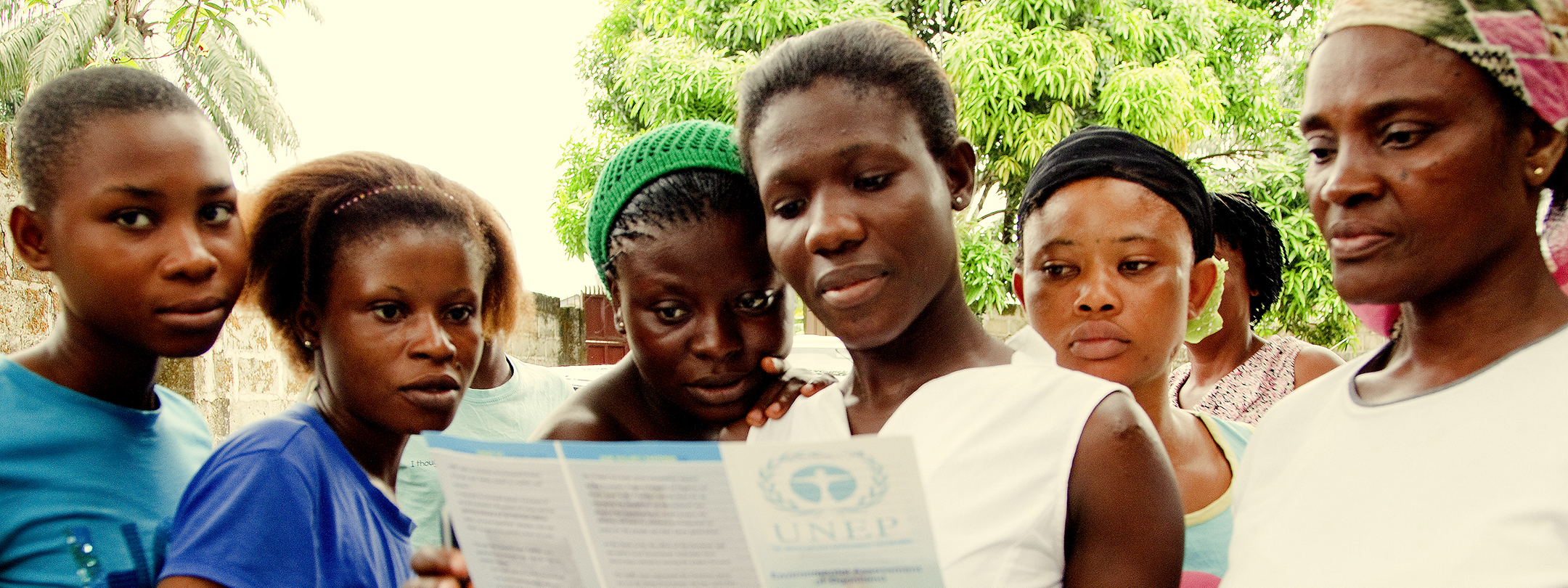Assessment of the Coping Capacity for Communal Conflict in Rivers and Bayelsa State in the Niger Delta, Nigeria
Publisher: International Journal of Innovative Science and Research Technology
Author(s): C.C. Nwakanma, A.A. Obafemi, and O.S. Eludoyin
Date: 2021
Topics: Assessment, Conflict Prevention, Governance, Monitoring and Evaluation, Renewable Resources
Countries: Nigeria
Conflict is a phenomenon of human society which can take its origin from social, economic, cultural, political, psychological, environmental and other factors that triggers it, which is seen as resulting from incompatible goals. Conflict have been perceived differently by various scholars notable among them is Adetoye and Omilusi (2015) who sees conflict as the struggle and rivalry for objects that individuals and groups attach importance to. The component of conflict according to Osaghae and Suberu (2005) as regards the material objects are money, employment, and political positions in private and public sector while the non-material objects are culture, tradition, language and religion. The personal interest of the parties’ involved in conflict issue may vary as a result of scarce resources, competing value and unequal relations.
The study examined the coping capacity for communal conflict in Rivers and Bayelsa States in Nigeria. The study employed cross-sectional and longitudinal research designs. A sample size of 400 for each State was determined through Taro Yamane formula for the questionnaire administration. Data collection was achieved through administration of questionnaires to the residents, and archived secondary data from the Nigeria Police and relevant State Ministries. The study employed descriptive tools such as percentages, frequency, tables and maps for analysis. Findings shows that migration to safer urban areas 65% for Bayelsa and 86% for Rivers, mediation as measures 82% for Bayelsa and 74% for Rivers., negotiation 72% for Bayelsa and 82% for Rivers. ,, adjudication/litigation 82% of Bayelsa and 77% of Rivers,, land use planning 26% Bayelsa and 27% Rivers ,, livelihood diversification 88% of Bayelsa and 87 Rivers. , early warning signal 62% for Bayelsa and 67% for Rivers and others 77% for Bayelsa and 78% for Rivers. , were reported helpful to alert the people regarding planned conflict as a measure to avert conflict in their different locations in the study areas. The study recommended collaborative efforts between the security agencies, NGOs, Communities, Ministry of community and chieftaincy affairs in the management and mitigation of the occurrences of conflict issues.
